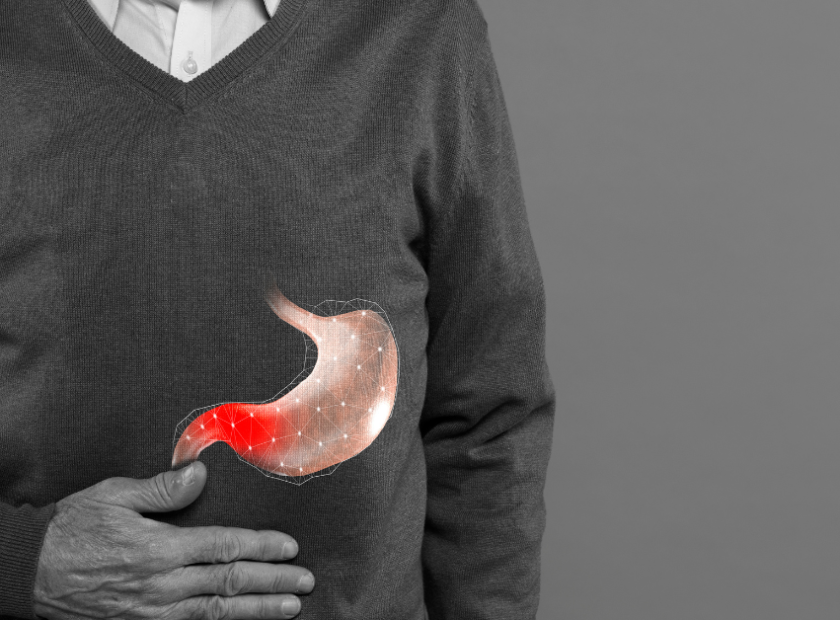
Surprising Causes of Constipation
Constipation is a common digestive issue that can cause discomfort and disrupt daily life. Although diet and lifestyle are major influencers of bowel regularity, there are unexpected factors contributing to constipation that often escape notice. Understanding these unexpected culprits can help in effectively managing constipation, with appropriate treatment available in Indore. Let’s delve into some surprising causes of constipation.
-
Medications: Certain medications, including pain relievers, antidepressants, antacids containing aluminum or calcium, and iron supplements, can contribute to constipation by slowing down bowel movements. If suspect that your medication is causing constipation, consult your healthcare provider for alternative options or adjustments.
-
Dehydration: Inadequate fluid intake can lead to dehydration, which can make stools hard and difficult to pass. Ensure drink enough water throughout the day to stay hydrated and promote healthy bowel movements. Avoid excessive consumption of caffeinated and alcoholic beverages, as they can dehydrate the body.
-
Stress and Anxiety: Psychological factors like stress and anxiety can impact digestive function and contribute to constipation. The gut-brain connection plays a significant role in bowel movements, and chronic stress can disrupt this connection, leading to irregular bowel habits. Practice stress-reduction techniques like meditation, deep breathing, or yoga to promote relaxation and alleviate constipation.
-
Lack of Physical Activity: Sedentary lifestyle habits, such as prolonged sitting or lack of exercise, can slow down bowel motility and contribute to constipation. Regular physical activity stimulates bowel movements by promoting muscle contractions in the intestines. Incorporate daily exercise into your routine to support digestive health and prevent constipation.
-
Ignoring the Urge to Defecate: Ignoring the urge to have a bowel movement can lead to constipation by allowing stool to become hardened and difficult to pass. Listen to your body’s signals and respond promptly when feel the urge to defecate. Establishing a regular bathroom routine can help train the body to have predictable bowel movements.




